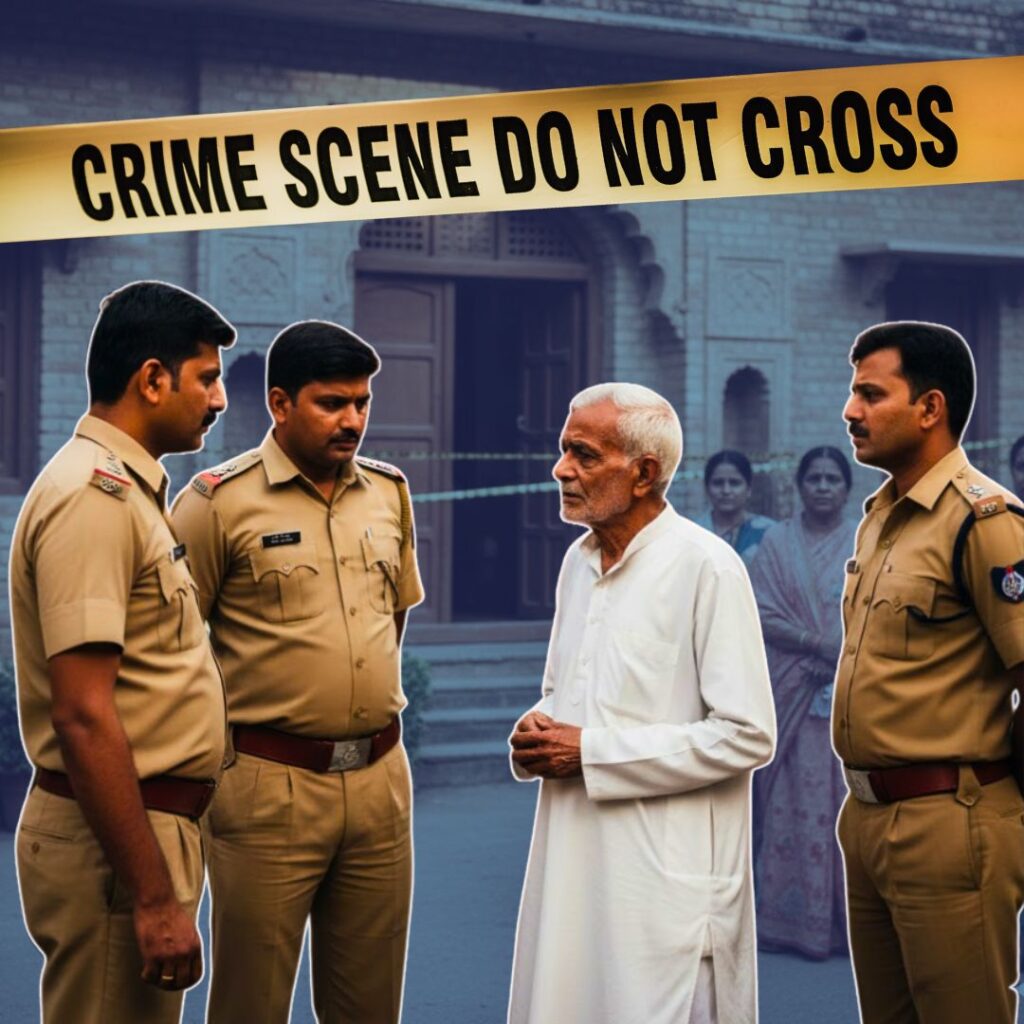On August 3, 2025, a man identified as Abdul Subhan, a 33-year-old Group D staffer at Ekbalpore Nursing Home in Kolkata, was arrested for allegedly molesting a semi-conscious female patient during her transfer for gallbladder surgery.
The incident, substantiated by hospital CCTV footage, led to Subhan’s immediate suspension and remand into judicial custody until August 7. The case has provoked intense debate about women’s safety in West Bengal’s healthcare sector and fuelled calls for urgent systemic reform.
Incident Details and Immediate Response
According to official reports and statements from the victim’s family, the alleged assault happened at about 11:40 am while the patient was being moved from the general ward to a third-floor cabin. In her semi-conscious state, she claims Subhan kissed her on the lips while they were alone. Realising the gravity of the incident, she reported it to her husband, who filed a formal complaint at the Ekbalpur police station.
Kolkata Police acted swiftly, arresting Subhan at the hospital by 2:25 pm the same day, and subsequently reviewed CCTV evidence that reportedly corroborates the survivor’s account. The nursing home issued a termination notice to Subhan, citing his “disrespectful behaviour towards our patient… falling short of expected professionalism.” An investigation under Section 75(2) of the Bharatiya Nyaya Sanhita is ongoing.
Broader Pattern of Hospital Safety Failures
This case is not isolated in West Bengal’s recent history. Last year, the rape and murder of a woman trainee doctor at RG Kar Medical College drew widespread protest. Other cases, such as the molestation of a 13-year-old at a Howrah hospital and a young mother’s harassment at the Institute of Child Health, have further shaken public confidence in hospital safety.
In response to mounting pressure, the state government has rolled out new workplace safety guidelines: these include mandatory CCTV surveillance, Internal Complaints Committees, better lighting, voluntary night shifts for female staff, and upgraded background verification of employees. Critics and activist groups argue that implementation remains patchy and that a culture of impunity still shields perpetrators.
Community Reactions
The incident has sparked widespread condemnation from local communities and healthcare professionals alike, emphasising the urgent need for comprehensive reforms in hospital safety protocols. Advocacy groups have called for mandatory gender-sensitivity training and stronger enforcement of existing policies to protect patients and staff.
Several experts highlight the importance of creating safe reporting channels that encourage victims to come forward without fear of retaliation. Meanwhile, concerned citizens have organised peaceful protests demanding transparency, accountability, and regular safety audits in healthcare facilities.
This collective response underscores the broader call for both immediate action and long-term structural changes to ensure women’s safety within medical institutions.
The Logical Indian’s Perspective
The continued occurrence of sexual violence within healthcare institutions—spaces meant for healing, underscores deep systemic failures in staff accountability and patient protection. While decisive police action and the hospital’s prompt termination of Subhan are positive steps, lasting safety cannot be ensured by legal and administrative fixes alone.
At The Logical Indian, we believe genuine change stems from empathetic community vigilance and inclusive dialogue. Hospitals must build cultures rooted in dignity, transparency and support for victims.













